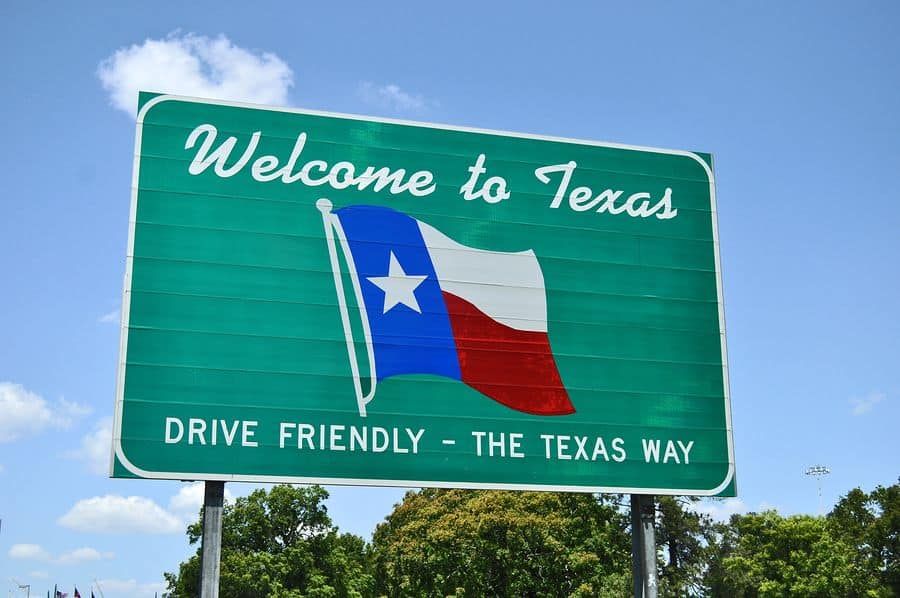 Texas is one of those states where drunk and driving seemed to go hand in hand, but that was before Texas lawmakers passed the Texas ignition interlock law in 2015.
Texas is one of those states where drunk and driving seemed to go hand in hand, but that was before Texas lawmakers passed the Texas ignition interlock law in 2015.
The Texas ignition interlock law replaced a penalty system where drunk drivers only received a driver’s license suspension, and it was only if a driver was convicted of driving while intoxicated (DWI) with a blood alcohol content (BAC) over 0.15 that they would be required to install an ignition interlock.
With the Texas ignition interlock law, all offenders are now required to drive with the device after a conviction, and it sounds as though those offenders are racking up the violations too. According to the latest report on ignition interlocks from Mothers Against Drunk Driving (MADD), Texas drunk driving offenders were stopped from drunk driving almost 245,000 times thanks to an interlock.
 That means that Texas leads the entire country for drunk driving attempts stopped by an interlock, and it’s giving Texas lawmakers the motivation to make even more changes. They’ve recently submitted bills that would allow a first-time drunk driving offender to choose deferred adjudication or community supervision if they agree to install an interlock for six months.
That means that Texas leads the entire country for drunk driving attempts stopped by an interlock, and it’s giving Texas lawmakers the motivation to make even more changes. They’ve recently submitted bills that would allow a first-time drunk driving offender to choose deferred adjudication or community supervision if they agree to install an interlock for six months.
Unfortunately it doesn’t seem as though everyone is taking their interlock seriously because those 245,000 violations shows there are a serious amount of offenders trying to drive drunk. That could soon change if the state toughens up the Texas ignition interlock law.
That motivation to skip the difficult suspension period and go straight to an interlock could be a lifeline for even more Texas DWI offenders, because having that interlock gives the DWI offender the freedom to continue driving to work, to school, or anywhere they need to. The only restriction is that they drive sober, and that seems to be a difficult task so far for Texas offenders.
